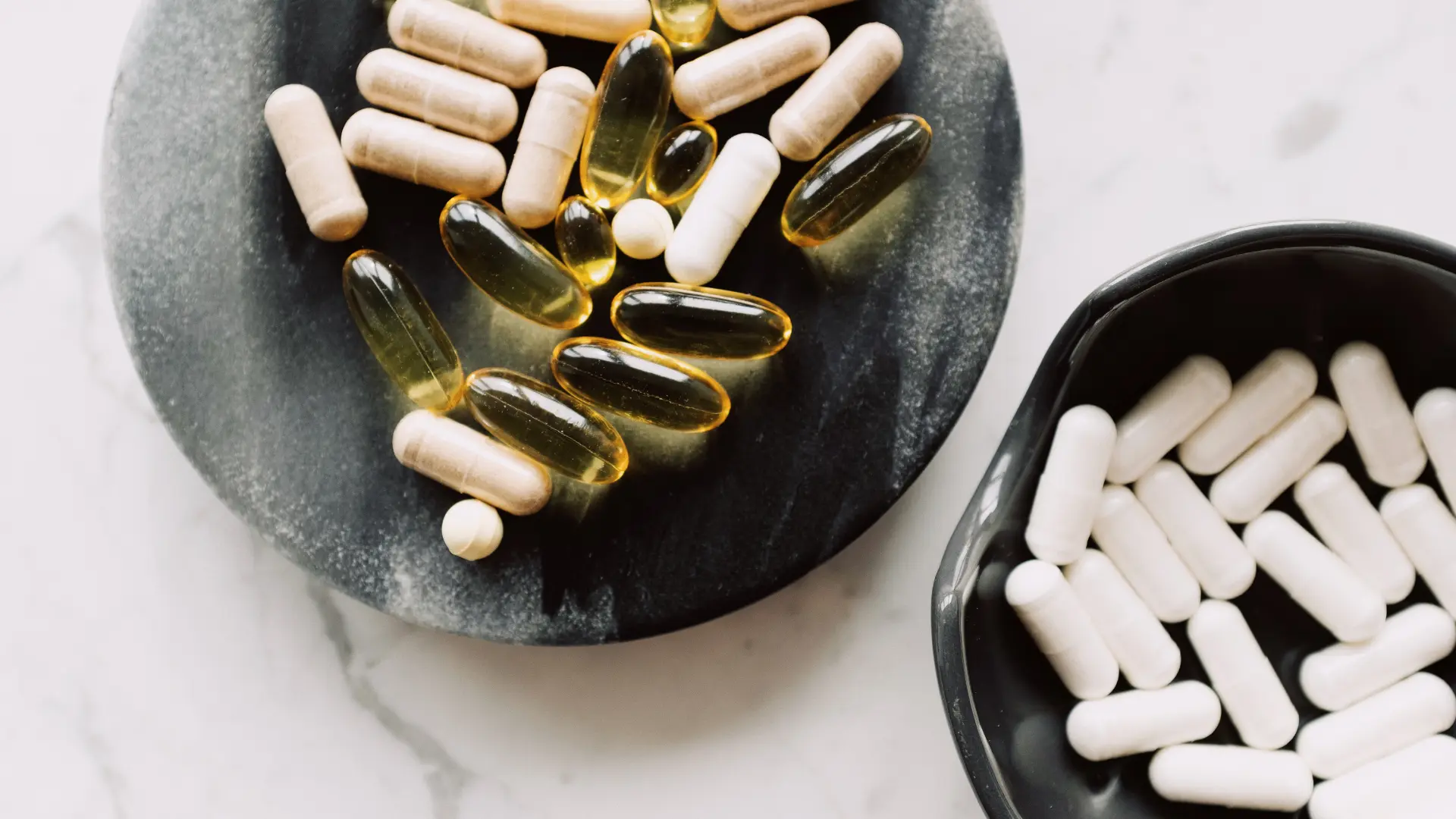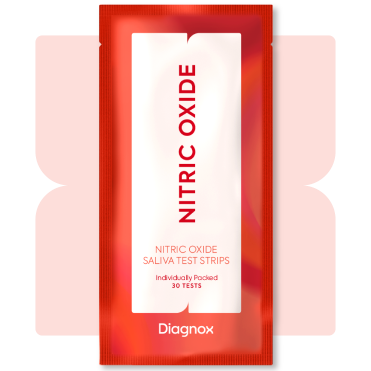Maintaining Healthy Nitric Oxide Levels
There are many things you can do to support healthy nitric oxide levels in your body. These include exercising, eating a nitrate-rich diet, supplementing, practicing good oral hygiene, and avoiding antiseptic mouthwash. Here's a quick look at how you can leverage each of these factors to improve the amount of nitric oxide in your body.
Exercise
Aerobic exercise increases nitric oxide production by encouraging the release of nitric oxide from the cells that line your blood and lymphatic vessels. So, whether you prefer to take a bike ride, walk your dog, or hit the gym, staying active can lead to higher NO levels in your body [8].

Diet and Supplements
Beets and beet juice have long been known to contain high levels of nitrates, but if you don't like the taste of beets, you're not entirely out of luck. There are plenty of other nitrate-rich foods you can consume, including leafy greens, garlic, cauliflower, broccoli, nuts and seeds, and citrus fruits [1]. And if your diet is lacking, there are lots of supplements available that can help fill in the gaps [9].

Oral Hygiene
No matter how high your diet is in nitrate-rich foods, if you don't have the necessary nitrate-reducing bacteria residing on your tongue, your body won't be able to use the nitrates to maintain your health. Therefore, proper oral hygiene is critical to ensuring a healthy balance of oral bacteria so that the nitrates you consume can be made into bioavailable nitric oxide in your body. Avoiding antiseptic mouthwash is one of the most important things you can do. Additionally, brushing your tongue has been shown to help healthy bacterial colonies recover more quickly. Routine tongue cleaning may also increase the metabolism of nitrate-reducing bacteria, encouraging a higher rate of nitrate-to-nitrite conversion [10].

Nitric Oxide Testing at Home
Nitric oxide testing provides insights into whether your body is producing adequate amounts of NO to support your overall health. It also allows you to monitor how certain lifestyle factors, like exercising, practicing good oral hygiene, and consuming nitrate-rich foods and supplements, impact your nitric oxide levels. Diagnox's Nitric Oxide test strips let you keep tabs on your nitric oxide levels affordably and from the comfort of your own home. The non-invasive test strips provide accurate results in one minute, allowing you to take control of your body's nitric oxide levels and your full-body health.







.jpg)




